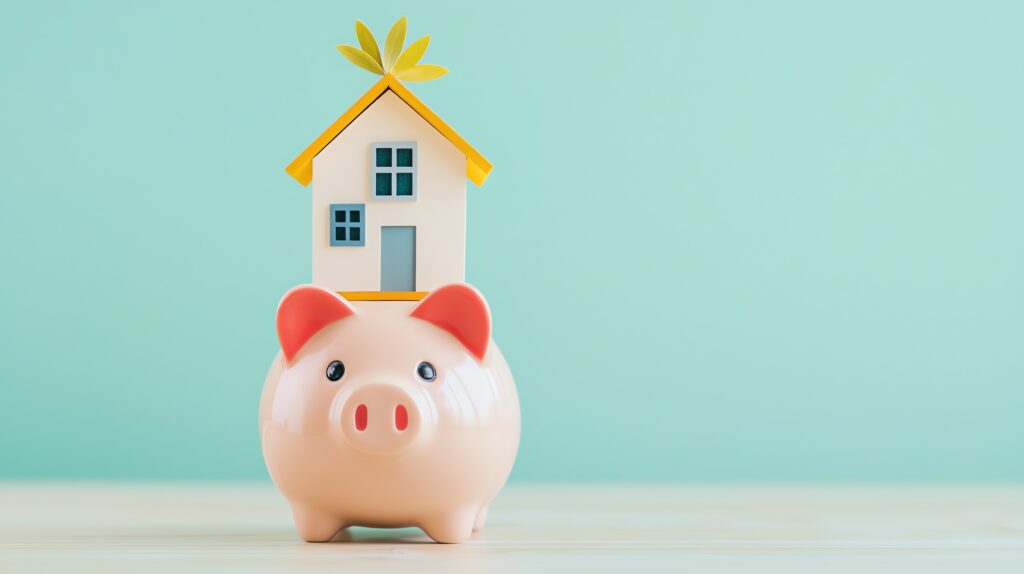
Many people feel stuck financially, even when they’re working hard. It’s frustrating to watch most of your paycheck disappear before you can save or catch up. If you’re tired of falling behind, there may be expenses you can reduce without making huge sacrifices. Small changes to how you live can create big changes in your wallet. Even just a few hundred dollars saved each month can help you breathe easier, pay off debt faster, and stop living paycheck to paycheck.
Lowering Housing Expenses Could Mean Getting Out of Debt Faster
Housing is one of the biggest monthly expenses most people face, and cutting those costs can have a major impact on your finances. Whether you’re trying to pay down debt, build up savings, or simply free up room in your budget, finding ways to lower what you spend on rent or utilities can move you closer to your goals. Some ways include:
- Live Closer to Work or Move Somewhere Cheaper
- Sign a Longer Lease
- Get a Roommate
- Get Free Financial Support
Live Closer to Work or Move Somewhere Cheaper
Housing costs—and the cost of getting to and from work—can vary depending on where you live. If you spend a lot on gas, public transit, or car maintenance just to commute, moving closer to your job could save you both time and money. Walking or biking to work might even become an option, cutting transportation costs and giving you more free time each day. While housing closer to work may have a higher rent, those costs can be offset by eliminating a car or reducing commuting expenses.
On the other hand, if your current area is simply too expensive overall, consider relocating to a more affordable neighborhood, town, or even state. Even saving just $100 a month on rent adds up to $1,200 a year—money that could go toward paying off debt or building savings. Sometimes, a more budget-friendly option is just a few blocks away. Before making a move, compare total costs—including rent, taxes, utilities, and commuting—to see what fits your lifestyle and financial goals. A little planning could lead to big savings and less daily stress.
How much unsecured debt do you have?
Choose an option to check relief eligibility:
Takes less than 60 seconds. No obligation.
Sign a Longer Lease
If you plan to stay put for a while, ask about a longer lease. Landlords often offer lower or frozen rent in exchange for tenant stability. It saves them time and money, and gives you peace of mind. Just be sure you’re confident about staying, since breaking a long lease can bring penalties.
Get a Roommate
Living alone can be costly, especially in cities. Getting a roommate is a quick way to cut rent and utility bills, often by half. That extra money can help pay off debt or grow savings. Choose someone reliable, set clear rules, and check your lease for any restrictions. With the right setup, sharing a home can ease financial stress and save you money.
Get Free Financial Support
If you’re struggling to keep up with bills, there are government programs designed to help. Programs that may be able to help include:
- LIHEAP (Low Income Home Energy Assistance Program): Can help you pay for heating and cooling costs.
- Section 8: Offers housing vouchers to make rent more affordable.
- TANF (Temporary Assistance for Needy Families): Provides cash assistance for families in need, helping cover essentials like food, clothing, and childcare.
These programs exist to give people a financial safety net during tough times, and many are easier to qualify for than you might think. Check your eligibility and apply through your local social services office or online to start getting the support you deserve.

How Does Lowering Housing Expenses Help You Get Out of Debt Faster?
Lowering your housing expenses gives you extra money that can be used to pay off debt faster. That extra cash can go straight toward credit card payments, student loans, or other debts, helping you reduce balances more quickly and avoid getting more interest. Over time, this can ease financial stress and get you closer to financial freedom.
For example, if someone moves to an apartment that’s $100 cheaper, gets a roommate to split utilities and saves another $50, and negotiates a longer lease to avoid a $30 rent increase, they could save around $180 each month. That adds up to $2,160 in a year—money that could go straight toward paying down debt faster.
Bottom Line
Cutting housing costs might feel difficult at first, but even small changes can lead to big wins. Saving just a few hundred dollars a month can give you the breathing room you need to make progress. Whether it’s paying off debt faster, building a savings cushion, or simply reducing stress, the benefits are real. You don’t have to overhaul your life overnight—just take one step at a time. The more control you gain over your expenses, the more control you’ll have over your future.


